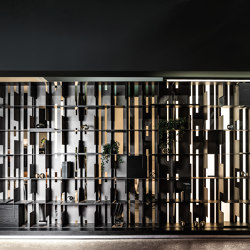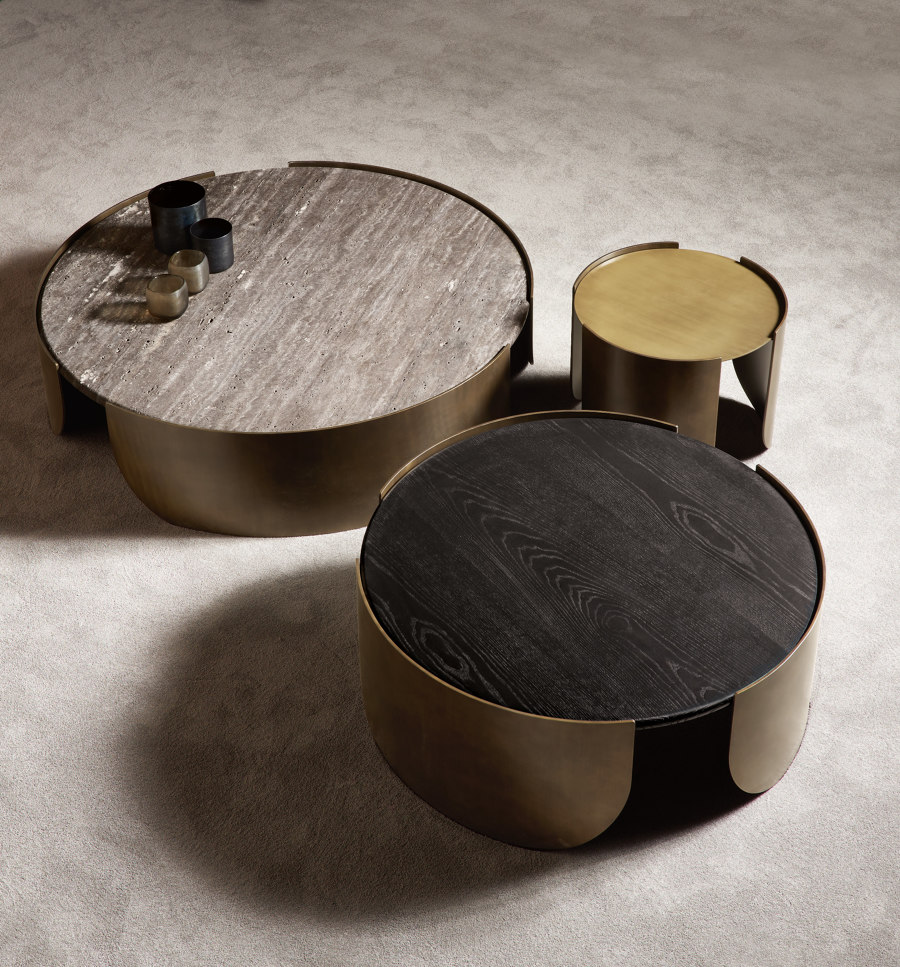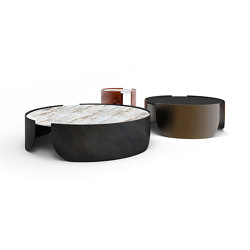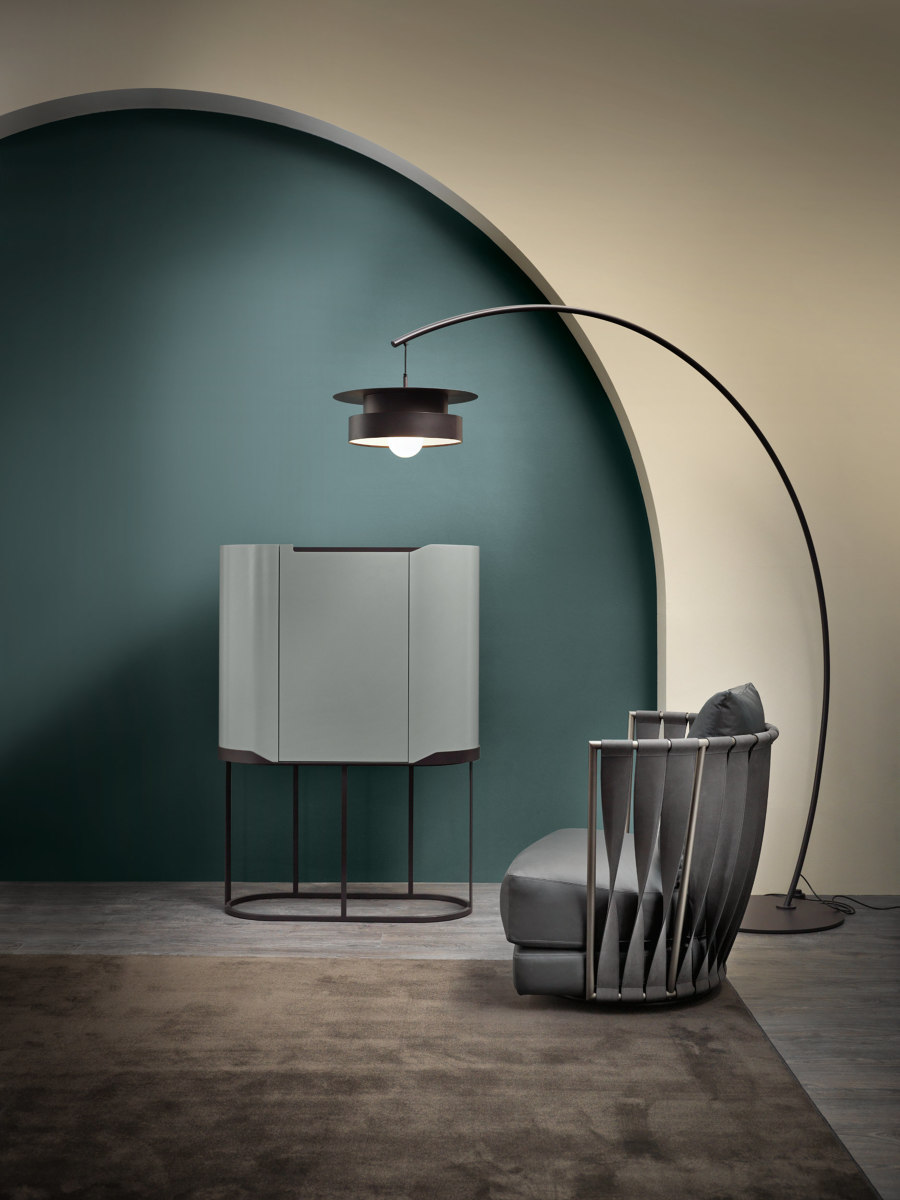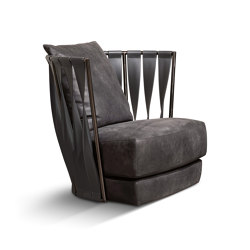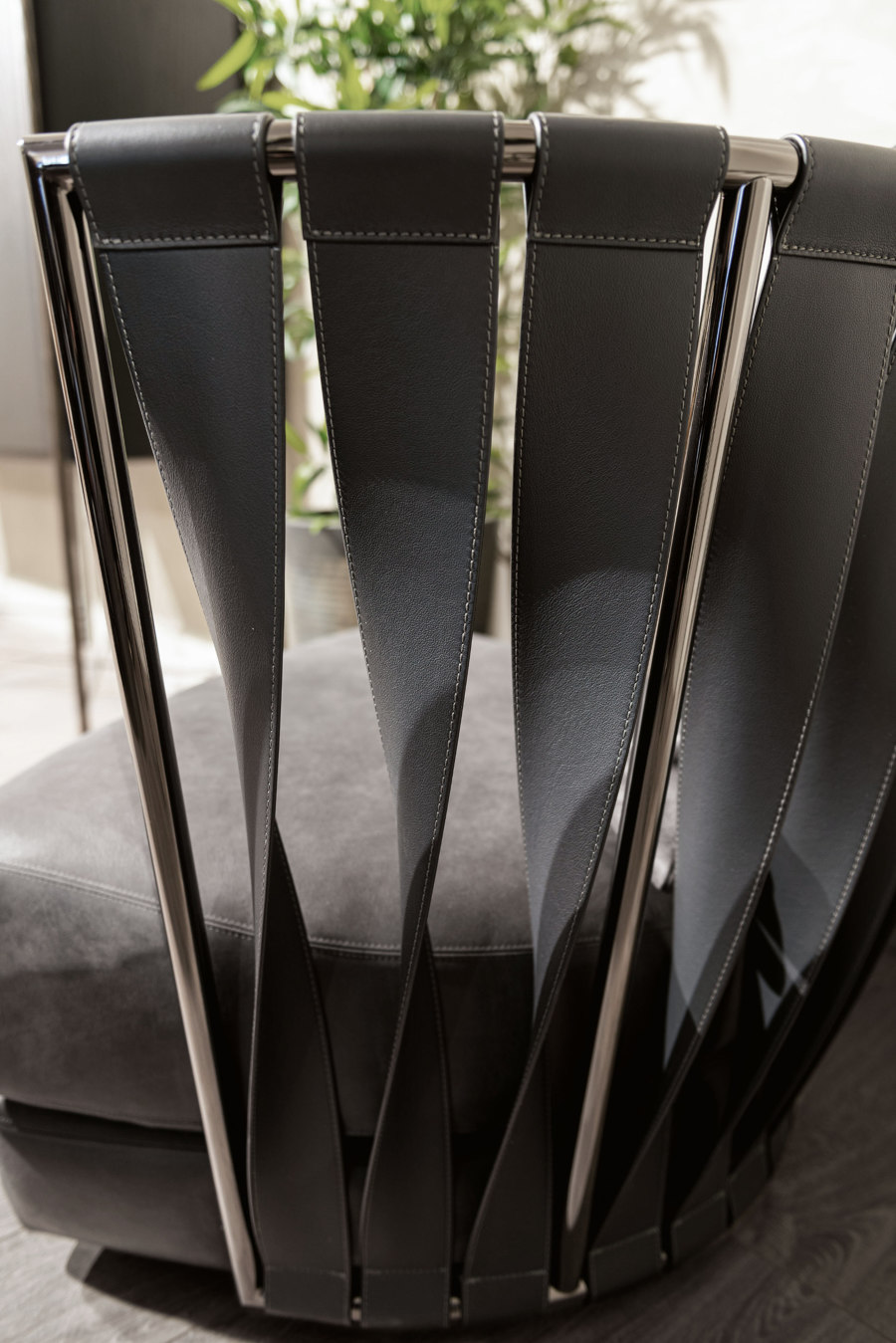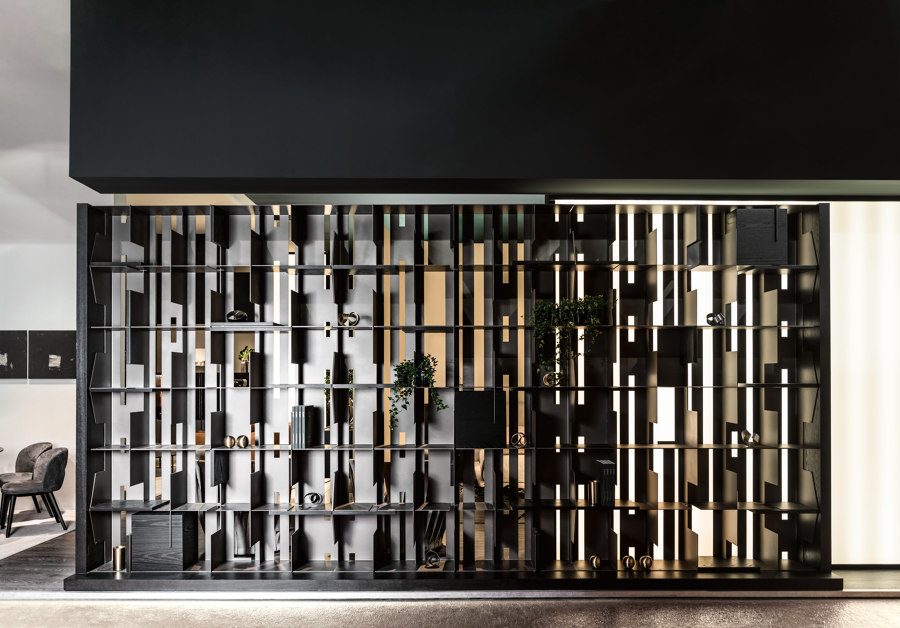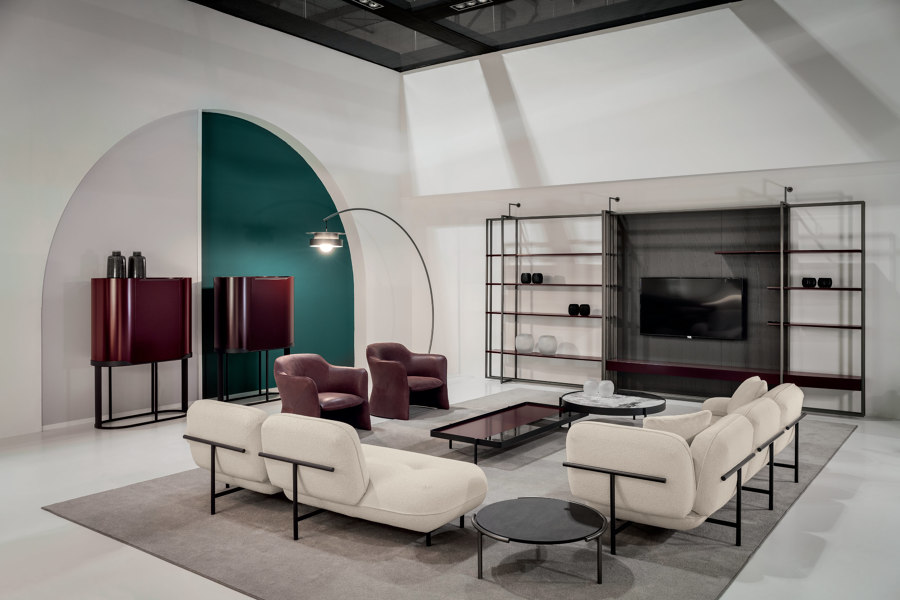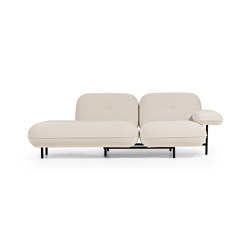Forward-looking Italian craft from Cantori
Brand story by Tom Howells
Camerano, Italy
09.06.23
While leveraging the historic artisan craftsmanship of Italy's Marche region, Italian family-run furniture brand Cantori's elegant and joyful collections are also future-oriented and eco-friendly.
Marche-based furniture brand Cantori melds contemporary aesthetics with artisan craftsmanship to seamless effect – as evinced in its fluid and elegant designs
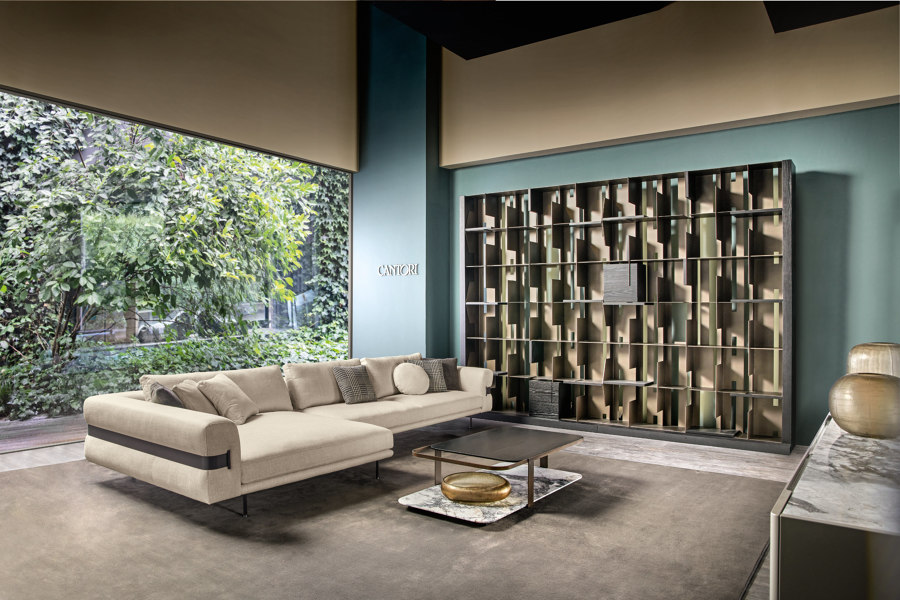
Marche-based furniture brand Cantori melds contemporary aesthetics with artisan craftsmanship to seamless effect – as evinced in its fluid and elegant designs
×In the heartland of north-eastern Italy’s Marche region, within the province of Ancona – a mess of rolling farmland, warren-like Medieval towns and rugged hills, between the Adriatic and the Apennines – lies Camerano. The tiny commune is best known for its network of post-Roman, subterranean sandstone tunnels. But it’s also home to Cantori, one of Italy’s more heralded and quietly pioneering furniture makers.
Company patriarch Sante Cantori grew up and studied in Marche during Italy’s post-war boom. For centuries, a panoply of artisan craftsmanship has defined the region’s creative identity. Piqued and inspired by this legacy, Sante – along with his brother Fabio and sister Fiorella – founded Cantori in 1976, initially as a metal workshop specialising in brass beds. Within a few years, it was booming: expanding its material and product remit, growing to an industrial level and becoming feted in Italy and beyond for its sinuous, elegant designs – blending Mediterranean and modern aesthetics through the rarefied skills of Marche’s craftspeople.
The Atenae coffee tables – by Maurizio Manzoni, a frequent Cantori collaborator – comprise two curved metal bands, supporting tops of marble, wood or decorated metal. Their differing scales and dimensions allow for myriad creative arrangements
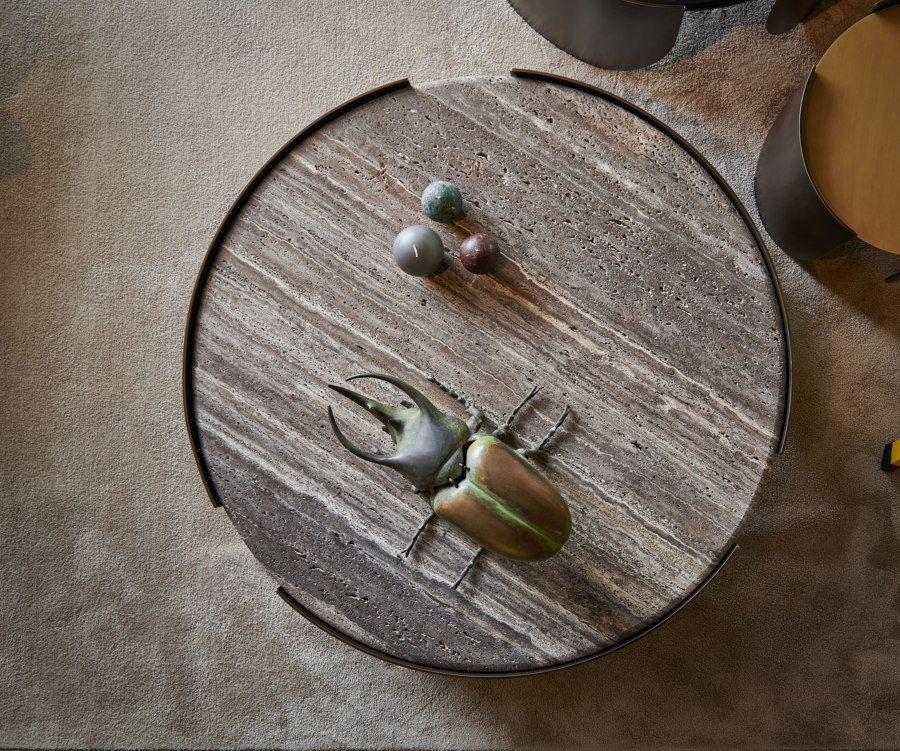
The Atenae coffee tables – by Maurizio Manzoni, a frequent Cantori collaborator – comprise two curved metal bands, supporting tops of marble, wood or decorated metal. Their differing scales and dimensions allow for myriad creative arrangements
×Embedded in the region
Almost five decades on, Cantori remains spiritually and physically embedded in the region. For one, it’s still a bona fide family business, its LinkedIn page a genealogy of sorts: Fiorella still handles the admin, while the second generation of Marco, Milo and Federica work as general manager, production manager and marketing/PR manager, respectively.
‘Made in Italy’ might be gossamer-thin, PR-ready pith for many design firms; in Camerano, it’s the real, regional deal
Second, an embrace of Marche’s artisans remains paramount. Cantori collaborates with a number of lauded designers, whose concepts are brought to life through the company’s ‘craftsmen village’ – a network of carpenters, upholsterers, blacksmiths, decorators, technicians, marble workers, assembly specialists and stylists, whose practices are nurtured and supported by Cantori (and with whom original co-founder Fabio remains the main liaison).
The Twist armchair is a seminal Cantori design; turning nubuck leather strips give ballast to a metal frame and low-slung cushioning. Twist’s designers, Maria Antonietta Lagravinese and Alessandro Castello (bottom)
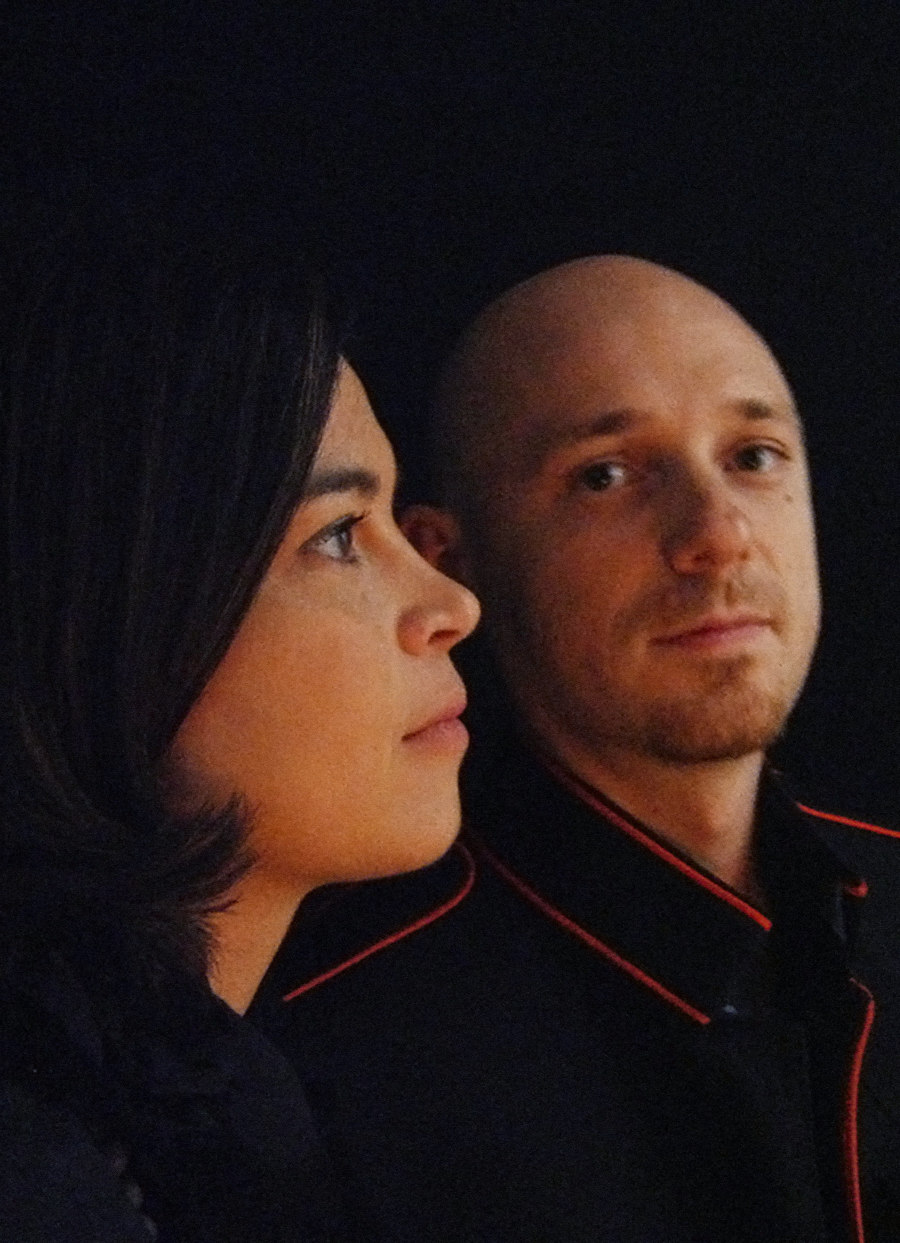
The Twist armchair is a seminal Cantori design; turning nubuck leather strips give ballast to a metal frame and low-slung cushioning. Twist’s designers, Maria Antonietta Lagravinese and Alessandro Castello (bottom)
×A progressive approach to making
This past-facing remit could seem anachronistic were it not for the company’s simultaneously progressive approach to making. All raw materials come from the EU, and their sourcing and processing follow stringent, eco-friendly regulations. In addition, explains Federica, the company distances itself from ‘unbridled consumerism… Cantori products are made to last for generations. The concept of reuse, of both products and packaging, plays a central role in our culture.’
‘Cantori products are made to last for generations. The concept of reuse, of both products and packaging, plays a central role in our culture’
Federica highlights a few pieces from Cantori’s recent archive that typify the symbiotic approach. Take the Twist armchair, designed by Maria Antonietta Lagravinese and Alessandro Castello of Lombardy’s Castello Lagravinese Studio: twisted nubuck strips encasing a metal framework (itself in antique finishings of copper and natural brass) and creating, in the designers’ words, ‘a unique light and shade effect’.
Or the modular Hong Kong bookcase in veneered ash plywood and aluminium, the geometric slots in the backrest of which create an atmospheric, urbane dimension of light when placed in the centre of a room (or even, given its customisable scale, as a partition wall). It was designed by Florence-based Maurizio Manzoni, a collaborator of Cantori’s since 2019.
Maurizio Manzoni’s monochromatic Hong Kong bookcase is highly customisable, both in size – at its largest, it can be used as a partition wall – and in the way its geometric slots can be modulated to affect light dispersal
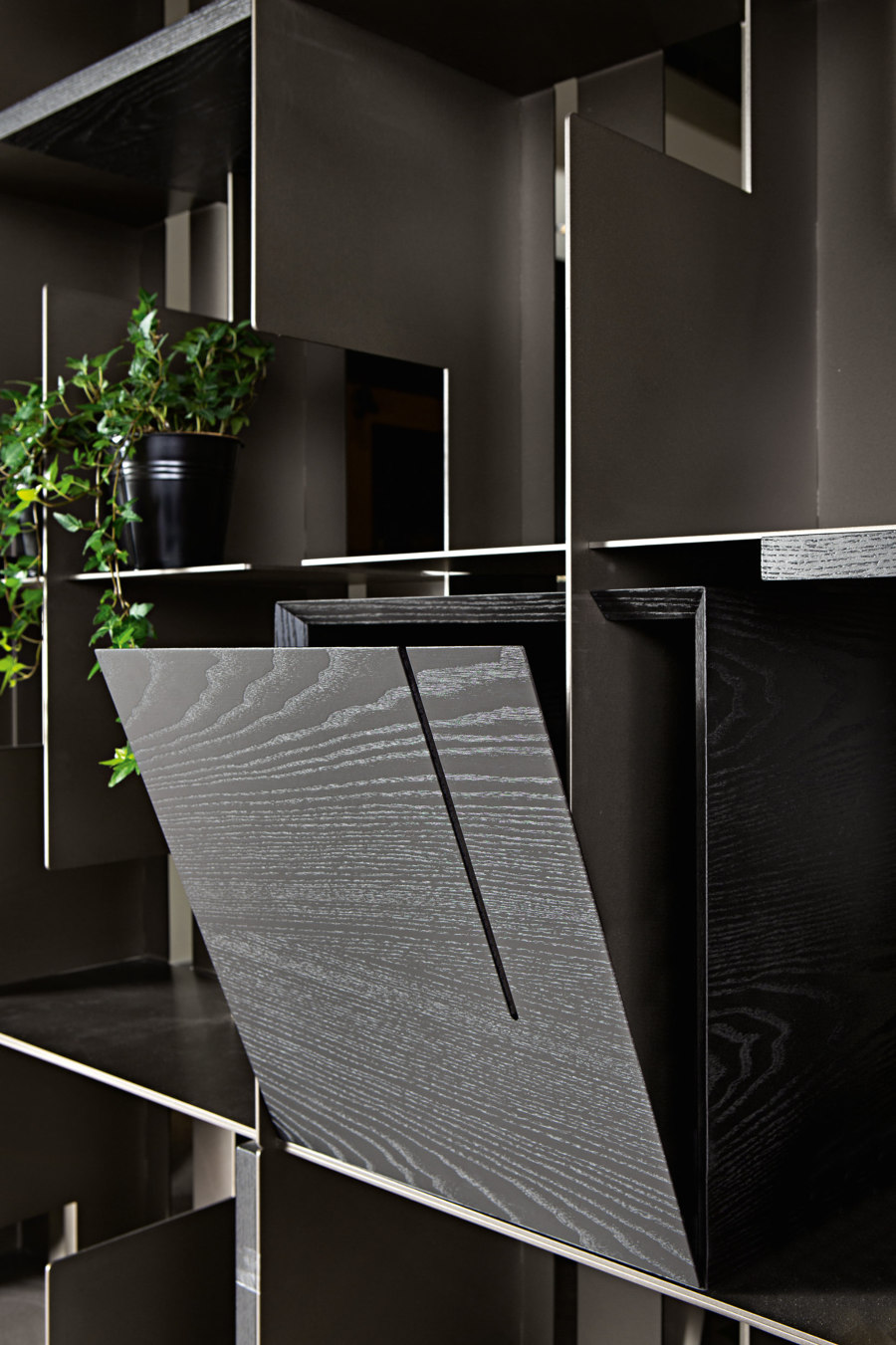
Maurizio Manzoni’s monochromatic Hong Kong bookcase is highly customisable, both in size – at its largest, it can be used as a partition wall – and in the way its geometric slots can be modulated to affect light dispersal
×Still a driving force
Manzoni also designed the Blockbau and Cloud modular sofas, standouts from this year’s Salone del Mobile – the first inspired by the eponymous construction method, the latter more figurative in the doughy shape of its cushioning (‘to be positioned in a personal and creative way, like the slow movement of clouds’), both invitingly tactile. All three pieces channel the aesthetic minimalism and deep consideration of materials – plus an affinity for the Bauhaus credo of ‘form follows function’, channelled for this year’s Salone – for which Cantori is regarded.
Even at 71, Sante remains the driving force behind Cantori. Now the company’s art director, his formative philosophy prevails. ‘The objective at which I aim most is to create elegant and joyful, functional and coordinated furnishing products,’ he says. ‘Even if many centuries separate us from the artisan workshops of the past, even today an object built and manufactured with care expresses the intelligence of who conceived it and who executed it.’
Manzoni also conceived the Cloud sofa, launched at this year’s edition of Salone del Mobile. The modular, soft-edged design is as aesthetically pleasing as it is functional
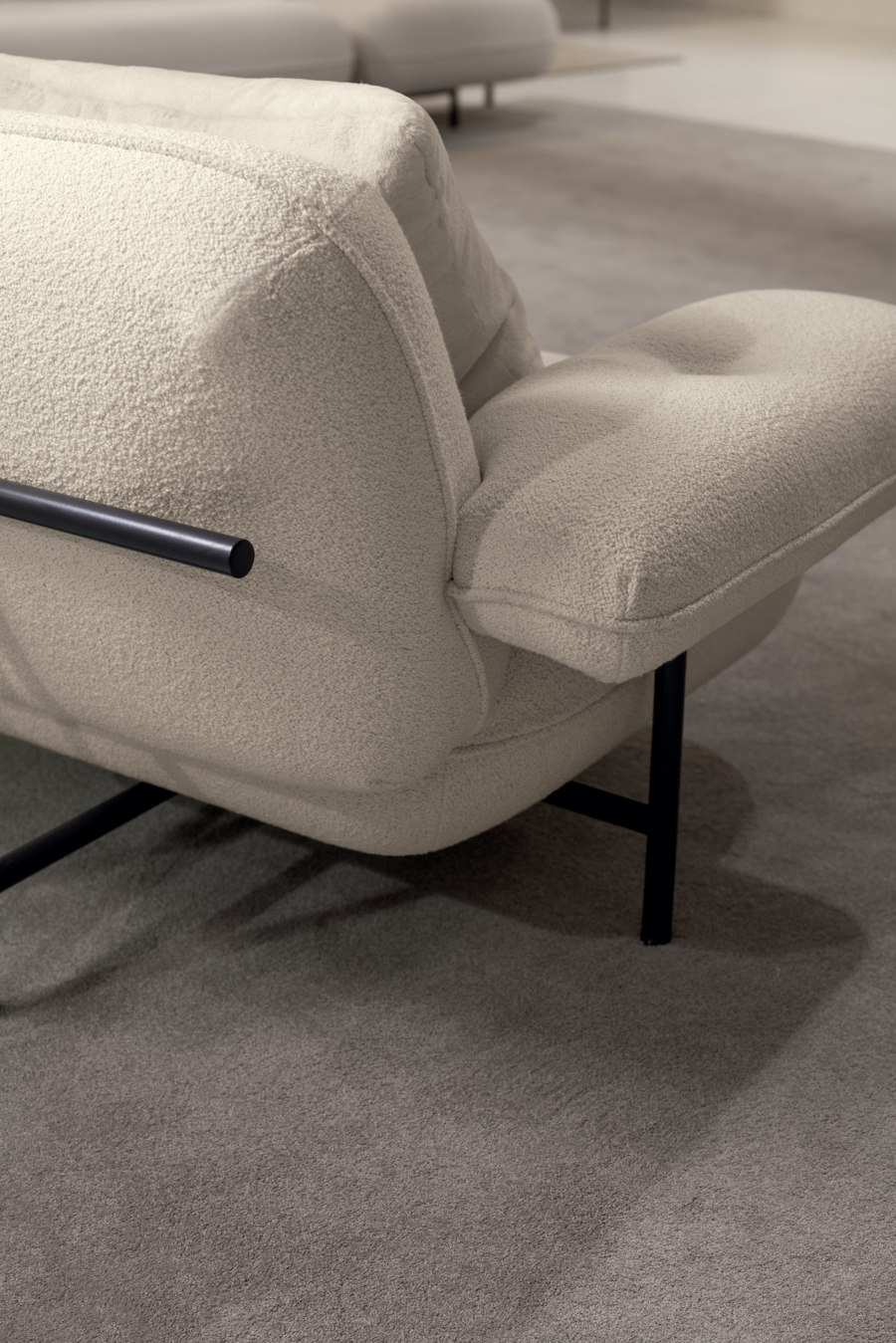
Manzoni also conceived the Cloud sofa, launched at this year’s edition of Salone del Mobile. The modular, soft-edged design is as aesthetically pleasing as it is functional
×In a world that errs towards mass-produced objects and fairweather trends, Cantori’s perpetual melding of new-school shapes with traditional workmanship is an admirable USP – and one only set to grow as the company shifts its purview and embraces more custom projects with new markets, commercial real estate, luxury hospitality, architecture studios and home decorators. ‘Made in Italy’ might be gossamer-thin, PR-ready pith for many design firms; in Camerano, it’s the real, regional deal.
© Architonic
Head to the Architonic Magazine for more insights on the latest products, trends and practices in architecture and design.


